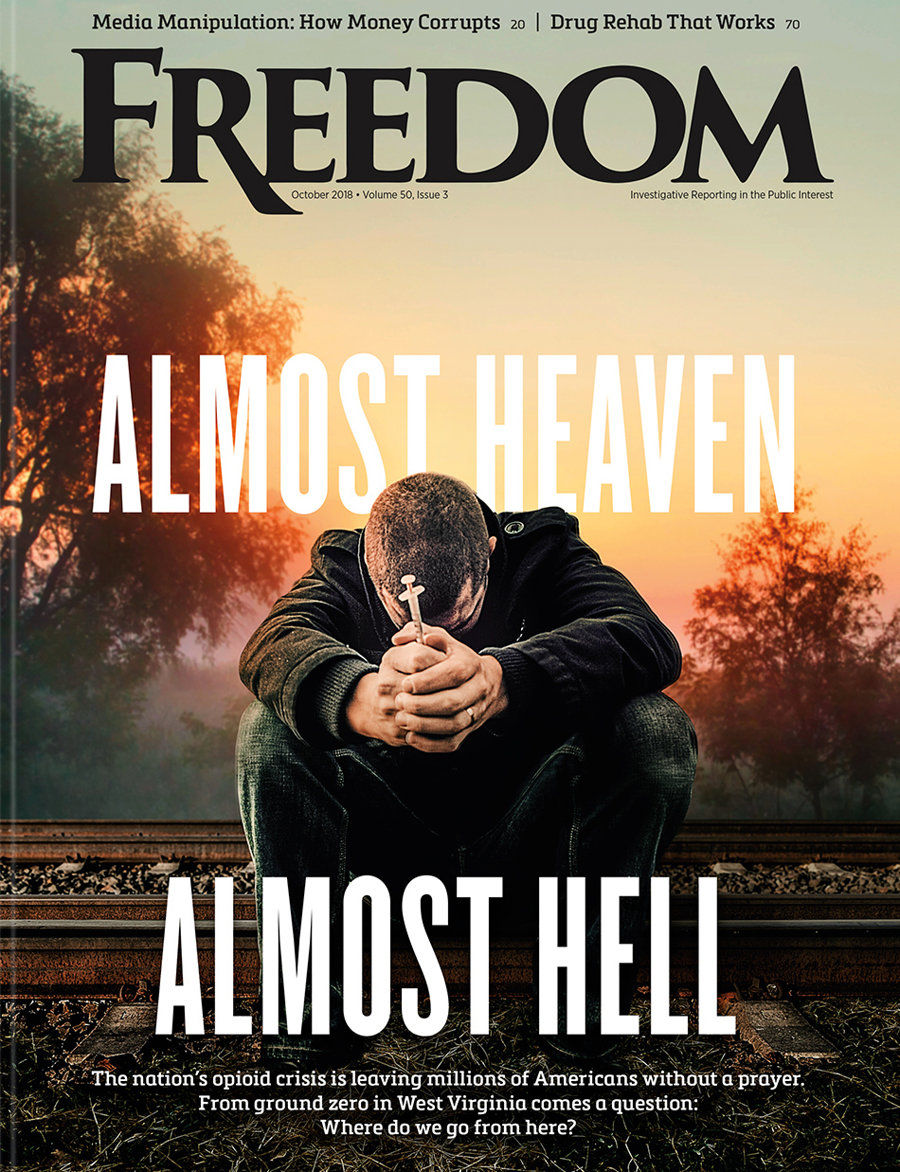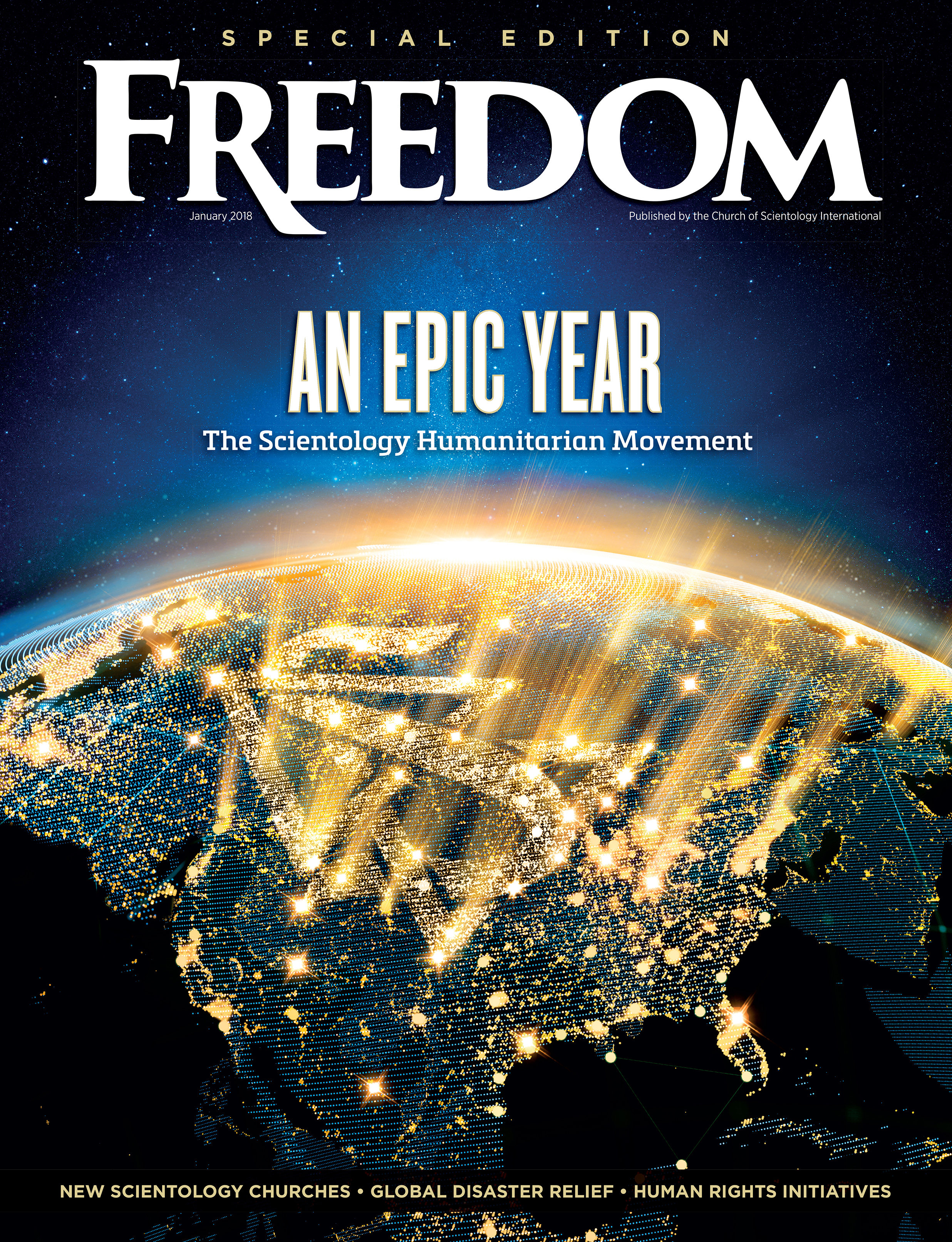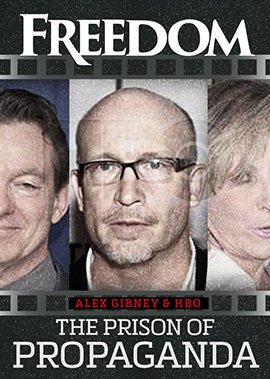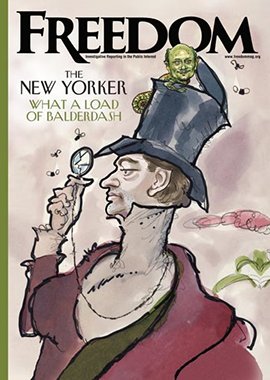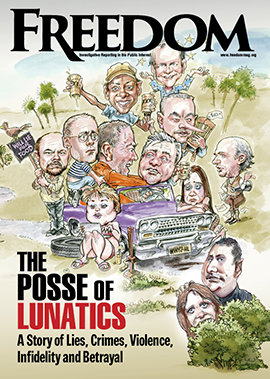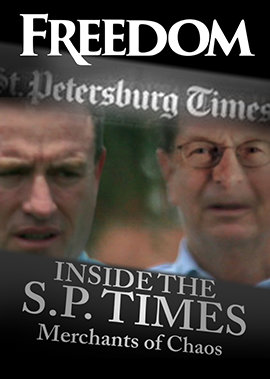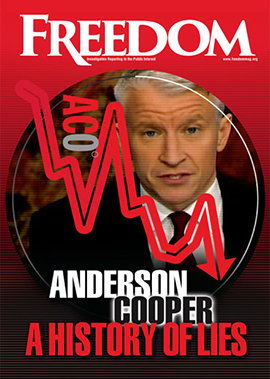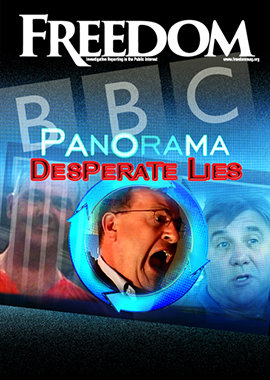The crowd, representing a diverse swath of L.A.’s religious community, had clearly had enough. Setting out on this breezy Sunday afternoon on April 30 for the 8th annual Interfaith Solidarity March, they called for an end to religious hate crimes.
“All good people, working for justice, working for love, working for peace, working for equality” the marchers chanted as they filed down Wilshire Boulevard and up Vermont Avenue with police escort, cheered on by honking horns and supportive pedestrians, some of whom joined the procession.
The first Interfaith Solidarity March was held in Los Angeles in 2016 as a response to anti-Muslim hate following the December 2015 terrorist attack by a Pakistani-American couple in San Bernardino, California. That event has since turned into the largest coalition of interfaith marches internationally, said organizer Dr. Arik Greenberg, founder and president of Institute for Religious Tolerance, Peace and Justice. More than 20 marches are now held worldwide, many on the same day as the L.A. march.
“Hatred has been institutionalized and has become profitable as a political instrument of control and acceptance.”
— Msgr. Frank Hicks
The 2023 march was organized under the theme of “Finding Hope in Uncertain Times: Confronting Violence, Bigotry and Incivility.” After setting out from St. Basil, the marchers made stops at Robert F. Kennedy Inspirational Park and Immanuel Presbyterian Church before ending a mile away at the Islamic Center on Vermont.
“Today, we will hear from those who, like you, stand for peace, justice and religious freedom,” said emcee Rev. Olivia McDuff of Church of Scientology International in welcoming everyone. “The right to believe what we want to believe isn’t a right we can take for granted but is a right we have to continually fight for and keep a reality. Now, more than ever, we need to stand together, unite and get our voices heard.”
Rev. McDuff was followed by remarks from St. Basil’s pastor, who cautioned that religious intolerance continues to grow.

“I was a born optimist, but in these recent years I have become less so. I have become more cynical,” said Msgr. Frank Hicks. “I remember when I was growing up that things that are happening today and accepted today would not have been acceptable. Hatred has been institutionalized and has become profitable as a political instrument of control and acceptance.”
“Political institutions have let us down in many, many ways, made it acceptable,” Msgr. Hicks added. “Because it has an audience, it gathers power, it’s so disrespectful. They’ve given a legitimacy to it. That’s tragic. And people are functioning on it.”
“I’ve been appalled at the increase in hate crimes…. Unity ought to pervade this city, this society, this nation.”
— Former L.A. City Attorney Mike Feuer
Rev. Skip L’Heureux, executive director emeritus of Queens NY Federation of Churches, echoed that concern: “We cannot tolerate as a society the tearing apart for gain, politically, economically or otherwise. I pray that we will be successful in reaching people and in teaching them tolerance … embracing one another, not in spite of our differences but because of our differences.”
“We’re seeing a divided world … more hatred, more hate crimes. We see increases in religious bigotry and intolerance,” Dr. Greenberg told the crowd. “We need to focus on civil discourse, and to listen to others, even if you disagree with them. This is an opportunity for that.”
“I’ve been appalled at the increase in hate crimes,” former Los Angeles City Attorney Mike Feuer told Freedom before he addressed the gathering. “I led efforts to prosecute hate crimes. Often the communities that are victimized by hate are reluctant to come forward.”
“That form of hate is very dangerous because you don’t know it, but you’re a victim of it.”
— Mohammed Kahn
“With due respect … I don’t use the word ‘tolerance’ to describe what our highest aspirations are,” Feuer later told the marchers. “Because tolerance connotes that there’s something about the other person that we don’t like but we’ll learn to live with for the sake of some harmony. That is not the best of who we are. Unity ought to pervade this city, this society, this nation.”
In an earlier conversation with a number of the faith leaders present, Mr. Mohammed Kahn of American Muslims for Sustainability called for more unity among religions. “We should be the first to defend the other. If Monsignor’s church gets targeted, then the Muslims should stand up louder than the Catholics.” Kahn also called on the mayor’s office to spearhead committees that deal with hate, “because that’s the collective responsibility,” he said.

“What scares me the most in any incident when a person defaces a religious institution is that that person expressed it—but what about those that express it secretly, for example discrimination in a job setting, or in a school setting?” Khan continued. “That form of hate is very dangerous because you don’t know it, but you’re a victim of it.”
Rev. L’Heureux added to that thought. “We listen to somebody in private conversations expressing bigotry and don’t say anything about it, and that seems to embolden them, or certainly licenses them to continue, and eventually it manifests itself in something visible and destructive.”
“This is a time to speak about compassion, and those things that bring healing and respect to one another.”
— Dr. Lois Sprague
Msgr. Hicks has experienced the rise of visible and destructive hate in the neighborhood of St. Basil. “We’ve had Koreans stabbed in the subways here…. The thing that astounds me is, I thought we were on a course of improvement, but the things that are now considered acceptable or at least tolerated today are just appalling.
“People will say ‘no, that can’t happen.’ Well, it’s happening.”
Dr. Lois Sprague, president of The Guibert Center that focuses on bringing together people of different beliefs and spiritualties, spoke on how those who attack religion are reacting to toxic interpretations of dogma. “They’ve heard about dogma, instead of the love, the support, the human family and the family of creation,” Sprague said. “At the heart of all of our religions is compassion, and this is a time to speak about compassion, and those things that bring healing and respect to one another.”
The march proceeded down Wilshire to RFK Inspiration Park where they heard from James Witker of the Unitarian Universalist Community Church, and Rabbi Emeritus Neil Comess-Daniels from Temple Beth Shir Shalom of Santa Monica. They continued to Immanuel Presbyterian Church, where they heard from Rev. Andy Schwiebert.
The procession ended at the Islamic Center, where Director of Religious Affairs Sheikh Asim Buyoksoy led the final address. Others lending their voice to the issue included Rev. Winnie Varghese, rector of St. Luke’s Episcopal Church in Atlanta, Georgia; Rev. Daniel Tamm, deacon and chair of Interfaith Solidarity Network; Dr. Brad Elliot Stone, professor and associate dean, Loyola Marymount University; Mr. Salam Al-Marayati, president, Muslim Public Affairs Council; Rabbi Joshua Hoffman, president and CEO, Academy for Jewish Religion, California; and Deputy Chief Blake Chow of the Los Angeles Police Department.
By then, the crowd of mostly strangers, drawn together by a common goal, had taken on the spirit of a unified group of allies joined in solidarity against bigotry, hate and violence.
Concluded Dr.
Greenberg, “I want to thank you for believing in this march eight times in a
row.”







